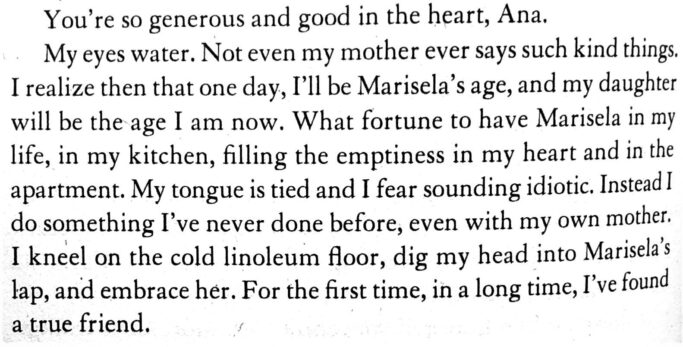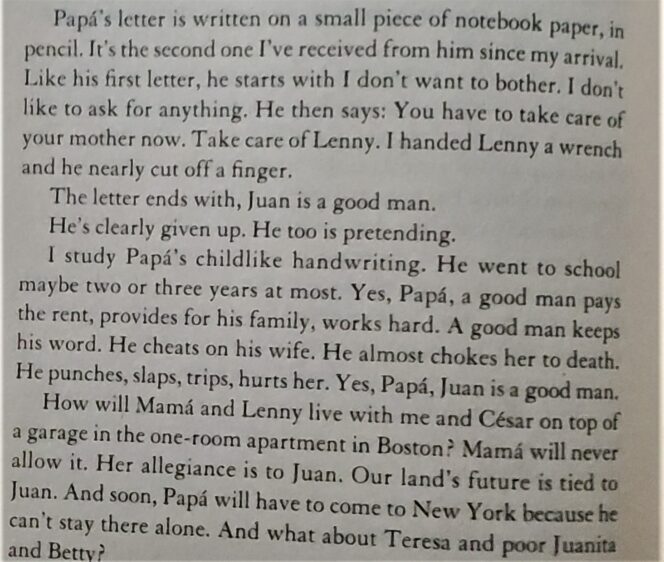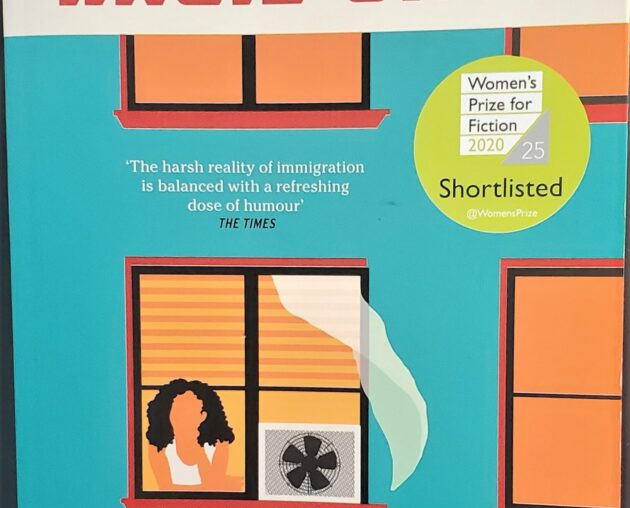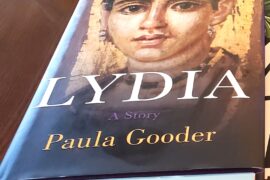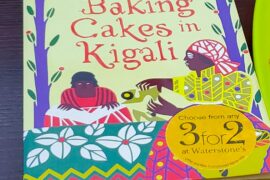In Angie Cruz’s Dominicana, the migrant and coming-of-age tale of 15-year-old Ana Cancion takes centre stage. She is 11 years old when Juan Ruiz who is more than twice her age proposes to marry her. Four years later, while barely 15, she marries Juan and he whisks her to America using forged papers that claim she is 19 years old. In America, Ana is assaulted on all sides; a possessive and abusive husband who sees her as a trophy and proceeds to make her fearful of everything and everyone around her in New York, her lack of English and a violation of her childhood in the name of marriage she is clearly not suited for. It is hard to not feel a lot of empathy for Ana as she is buffeted on all sides.
Dominicana is loosely based on the story of the author’s mother and set in 1965, it encompasses the political instability in the Dominican Republic at that time. Political and economic upheavals have always been precipitating factors for migration. When economic and political spaces collapse, both legal and illegal migration become attractive. The quest for a better life has always been universal but the route to attaining that quest can be questionable. Ana’s mother wanted the best for her family but her route to achieving the perceived best is exceedingly questionable. Violating your child’s childhood in a bit to give better chances in life to the whole family is not the exchange she thinks it is. It is true that poverty diminishes the choices that are available to the poor.
While in New York Ana faces situations and challenges that a young teenager of her age should not be saddled with. César is pivotal to Ana’s tide turning. Juan travels back home to attend to his businesses back in the Dominican Republic which is being impacted by the political impasse and this is when Ana comes of age. She enrols in English classes, starts a business and with César’s help begins to explore the city that Juan had hidden away from her. César helps restore Ana’s self-confidence. When Juan returns, it is too late. I am not sure I share the opinion that Ana is helpless in falling in love with her brother-in-law César, as understandable as her situation is. While César is not the abuser and controlling freak that Juan his brother is, his insecurity shows up in other ways.
Dominicana is a decent migrant tale but it is not spectacular. The prose is pedestrian and the structure makes it worse – it is loose and casual. The political backstory which was meant to be critical to the setting was vague and largely unexplored. In all, there seemed to be so much going on, with little depth. It is a decent read that I will recommend it but not highly.
3.3/5
